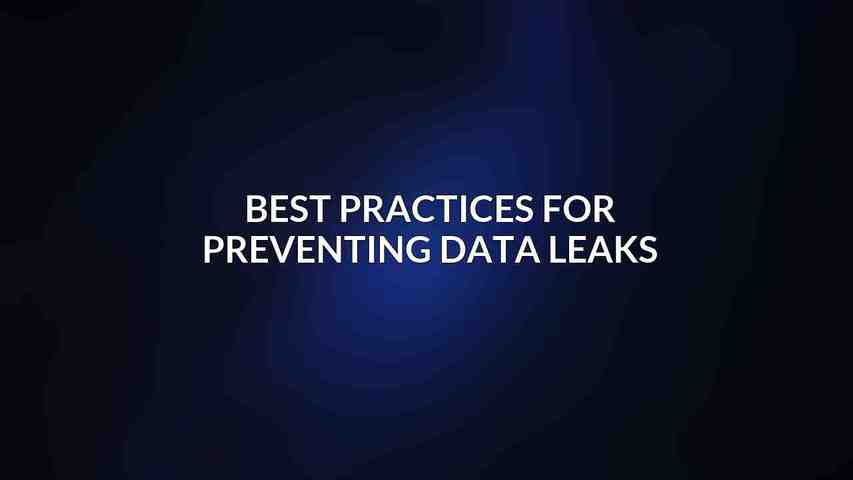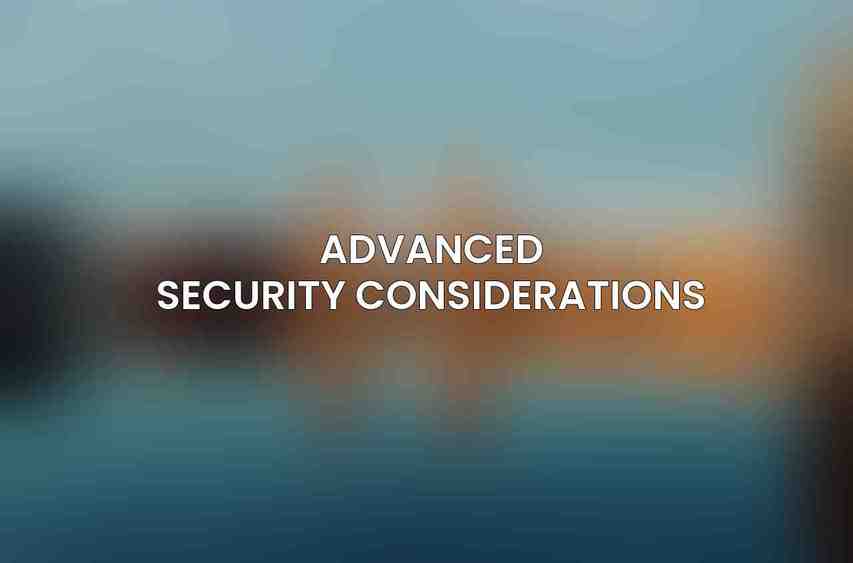understanding the fundamentals of secure proxy use is essential. Proxies act as intermediaries between a user’s device and the internet, allowing users to mask their IP addresses and encrypt their internet traffic. By rerouting data through a proxy server, users can enhance their online anonymity and security. There are several types of proxies, including HTTP, SOCKS, Transparent, and Anonymous proxies, each serving different purposes and offering varying levels of anonymity. These proxies play a crucial role in safeguarding users against online surveillance and tracking.
Furthermore, the benefits of using secure proxies extend beyond basic online privacy. Secure proxies enable users to bypass geo-restrictions and access region-locked content. This capability is particularly useful for individuals looking to access content from specific locations or overcome censorship restrictions. By utilizing secure proxies, users can enjoy a more liberated and private online experience.
Essential Practices for Secure Proxy Usage
To ensure maximum security and privacy when using proxies, certain best practices should be followed. Choosing a reputable proxy provider is paramount, as it establishes the foundation for a secure connection. Factors such as reputation, certifications, and encryption standards should be considered when selecting a proxy service. Additionally, configuring proxies securely with TLS/SSL encryption and port forwarding enhances data protection and prevents unauthorized access.
Implementing robust authentication mechanisms, such as username/password requirements and IP whitelisting, adds an extra layer of security to proxy connections. By monitoring and maintaining proxy connections through performance testing and log analysis, users can promptly identify and address any security issues or anomalies. These practices contribute to a more secure and reliable proxy usage experience.
Protocols for Enhanced Security
leveraging advanced security protocols is crucial for safeguarding data transmission. Secure Sockets Layer (SSL) encryption plays a vital role in protecting data from eavesdropping and ensuring secure communication between the user’s device and the proxy server. Similarly, the Transport Layer Security (TLS) protocol, an enhanced version of SSL, offers advanced features and stronger encryption algorithms to thwart potential security threats.
IPsec, a suite of protocols for secure network communications, establishes secure tunnels for data transmission, shielding sensitive information from unauthorized access. Moreover, initiatives like HTTPS Everywhere promote a secure browsing experience by enforcing SSL encryption on all website connections, minimizing the risk of data interception and tampering. By embracing these protocols, users can fortify their online security posture and mitigate potential vulnerabilities.
Best Practices for Preventing Data Leaks

Preventing data leaks is a critical aspect of maintaining online privacy and security when using proxies. One key practice is avoiding unsecured proxies that may expose users to risks and vulnerabilities, including data interception and malicious activities. Opting for dedicated proxies over shared ones provides users with exclusive and secure connections, minimizing the risk of data breaches and unauthorized access.
Implementing secure network protocols, such as firewalls and intrusion detection systems, adds an additional layer of defense against potential threats and cyberattacks. Continuous security monitoring through regular inspections and vulnerability assessments allows users to stay proactive in identifying and addressing security gaps. By adopting these best practices, users can significantly reduce the likelihood of data leaks and enhance their overall cybersecurity posture.
Tips for Maximizing Online Anonymity
Maximizing online anonymity is a primary concern for individuals seeking heightened privacy and security. Rotating proxy IPs, or regularly changing IP addresses, can help evade tracking and prevent online profiling. Additionally, utilizing the Tor Browser, a privacy-focused web browser that routes internet traffic through a series of encrypted relays, enhances anonymity and protects against surveillance.
Employing browser extensions designed to block trackers and enhance privacy offers an additional layer of protection against data collection and monitoring. Virtual Private Networks (VPNs) serve as powerful tools for securing internet connections and masking IP addresses, further safeguarding users’ online activities. By integrating these tools and technologies into their online practices, users can enjoy increased anonymity and confidentiality.
Advanced Security Considerations

When delving into advanced security considerations related to proxy usage, factors such as the proxy server location and reputation come into play. The geographical location of the proxy server can impact latency and security, influencing the overall browsing experience. Monitoring proxy server reputation through blacklists and user reviews is essential to ensure reliability and trustworthiness.
Moreover, understanding proxies’ role in anti-fraud measures and recognizing potential red flags is crucial for maintaining a secure online environment. Special considerations must also be made for mobile proxy use, as mobile devices present unique security implications that require tailored security measures and device management strategies. By addressing these advanced security considerations, users can proactively enhance their online privacy and security defenses.
adopting secure proxy usage practices is integral to achieving ultimate online privacy and security. By understanding the basics of secure proxies, implementing essential security practices, leveraging advanced security protocols, preventing data leaks, maximizing online anonymity, and considering advanced security measures, users can fortify their online defenses and safeguard their digital footprint. Through a proactive and vigilant approach to secure proxy usage, individuals can experience a more private, secure, and liberated online experience.
Frequently Asked Questions
What is a secure proxy?
A secure proxy is a tool that allows you to browse the internet anonymously by acting as an intermediary between your device and the websites you visit.
Why is online privacy important?
Online privacy is crucial to protect your personal information from being exposed or misused by malicious entities, safeguarding your identity, financial data, and browsing habits.
How can using a secure proxy enhance online privacy?
Using a secure proxy encrypts your internet traffic, hides your IP address, and masks your online activities, providing an extra layer of protection against potential surveillance or tracking.
Are all proxies equally secure?
No, not all proxies are equally secure. It’s important to choose a reputable proxy service that prioritizes user privacy, offers encryption, and has a strict no-logs policy to ensure maximum security.
What are some best practices for using a secure proxy for ultimate online privacy?
Some best practices include regularly updating your proxy software, choosing a trustworthy proxy provider, avoiding free proxies with questionable privacy policies, and using encryption protocols like HTTPS whenever possible. Check out our insights into 2024’s Top Proxy Services for Ensuring Your Digital Privacy

